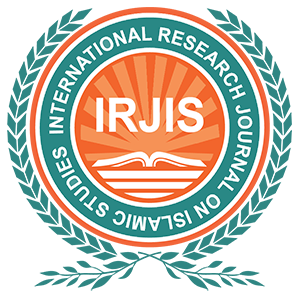Abstract
All disciplines of knowledge are regulated by certain principles, associated with particular branches of study. Holy Qur’ān, as an everlasting miracle, contains injunctions and rulings to all facets of life for all ages. Tafsir, literally ‘to explain’ is the explanation of Holy Qur’ān. To provide elucidation for better understanding, different kinds of Qur’ānic interpretations are being penned from early Islamic history. Principles of Tafsir, as a separate academic field, developed in the early centuries of Islamic History in different phases. Few Tafsir principles are unanimously agreed upon among exegetes while others are not accepted by all. Thus, dissension in Tafsir principles leads the interpreters to ponder in Qur’ān differently and bring valuable aspects of Qur’ānic teachings into the light. This research paper briefly reviews the fundamental principles of Tafsir and its impacts on Allamah Anayat Allah Khan al-Mashraqīs Tafsir “Tazkirah”. Exegetes of the Subcontinent have contributed significantly to Tafsir Literature. In all interpretations, exegetes established and describe a few principles which they did follow to interpret Holy Qur’ān. Exegeses in the subcontinent can be classified into two major types, Tafsir bi al-Riwāyah (explanation through sound transmissions), and Tafsir bi al-Ra’ay (Interpretation by reasoning). Generally, the latter one was not approved by mainstream Islamic theologians of the subcontinent. Moreover, the comparison and relevancy of Tafsir Tazkirah to traditional Tafsir, as well as, outlook of this modernist exegete, is also a prime concern of this research paper. By adopting qualitative methodology, findings would be concluded in the end.
Keywords: Tafsīr Principles, Urdu Exegeses. Subcontinent, Tafsīr Tazkirah, ‘Allamah ‘Anayat Allah al-Mashraqī

